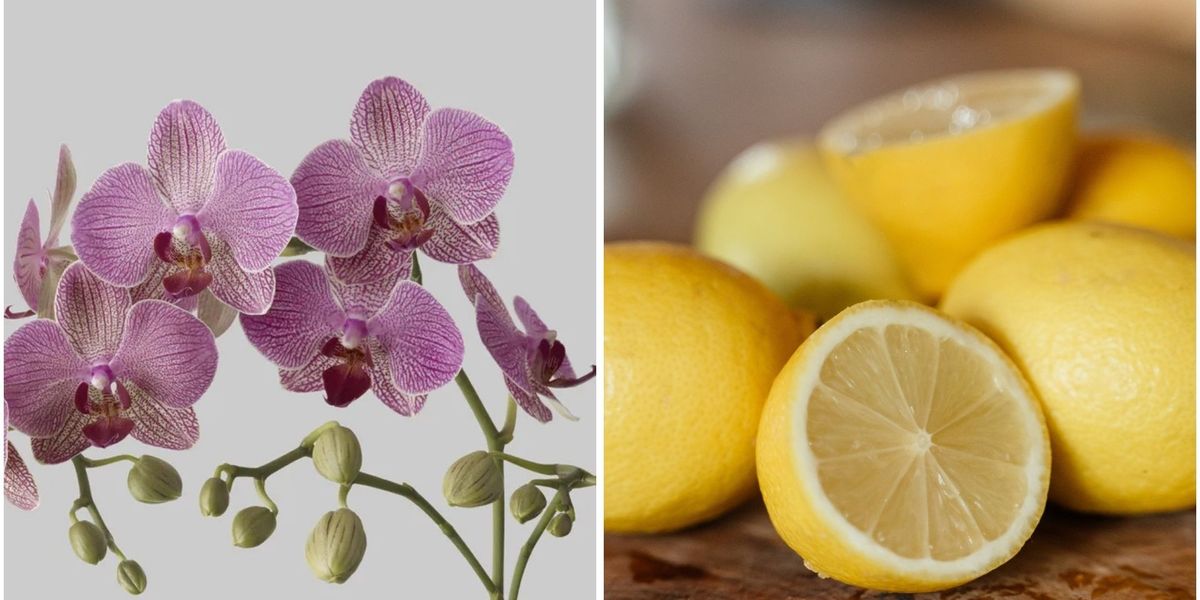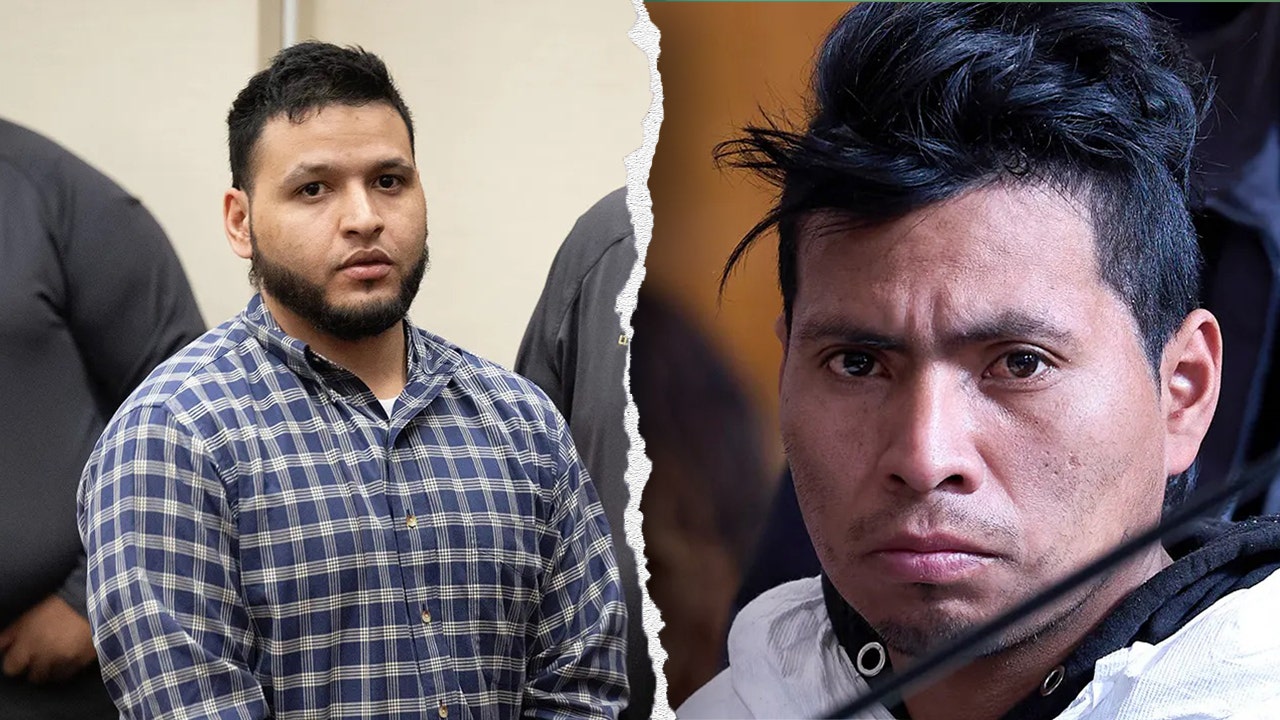China and Canada are duking it out once more after another humanitarian spat between the adversaries.
“Canada is in no position to lecture others on human rights,” said Mao Ning, a spokesperson for the Chinese Foreign Ministry.
Her response follows sanctions against eight Chinese officials over “grave human rights violations in the country.”
Deputy Minister of Foreign Affairs David Morrison refuses to call what China is doing to the Uyghurs a "genocide." He keeps calling the concentration camps, forced conversions, and sterilizations "activities"
"Why didn't you just call it genocide?" pic.twitter.com/30FCJLCRU5
Global Affairs Canada recently condemned China’s arbitrary detention of Uyghur Muslims, as well as the Falun Gong in Tibet. They also referenced attacks on neighbouring democracies to commemorate International Human Rights Day on December 10.
Chinese authorities retaliated with criticism of Canada’s treatment of Indigenous people, reported True North.
“Even today, Canada’s Indigenous people still face systemic racial discrimination and unfair treatment,” said Ning. “Instead of dealing with it, Canada chooses to smear and vilify other countries,” she claimed.
China’s embassy in Ottawa posted a critical cartoon to social media backing those remarks. “Quick to judge others, blind to their own flaws,” reads the caption.
WATCH: A reporter grills Justin Trudeau on why Canada's Parliament can say China is committing genocide against its Uyghur population, but he won't.
After stalling, Trudeau says "designations of genocide need to be made by proper international authorities." pic.twitter.com/GuhwCF8esK
A 2023 CSIS report accused China’s government of employing “grey zone, deceptive and clandestine means” to influence Indigenous communities, following Canadian sanctions on Beijing over its “genocide” of Uyghur Muslims.
“The PRC tries to undermine trust between Indigenous communities and Canada’s government by advancing a narrative that the PRC understands and empathizes with the struggles of Indigenous communities stemming from colonialism and racism,” a CSIS spokesperson told the Financial Times.
Officials warned First Nations groups against striking business deals with China, citing grave security concerns. The 2024 Canada China Business Council (CCBC) indigenous trade mission ignored those calls with the aim of selling access to Canada’s natural resources.
At the heart of those talks was a commitment to “economic reconciliation,” which Canada’s national security apparatus says is an attempt by China to gain influence over indigenous groups.
"We're close to treason here," testifies a former CSIS manager and intelligence officer as he recommends "jail time" for those collaborating with hostile nations, when asked about Chinese Communist Party influence in Canada.pic.twitter.com/dryLKG0XXA
— Rebel News Canada (@RebelNews_CA) May 11, 2023NSICOP, a national security and intelligence body consisting of Parliamentarians, published a highly redacted report last June alleging unidentified collusion with China. It notably reviewed alleged interference by Chinese proxies in the 2019 and 2021 general elections.
Their “multifaceted approach” to foreign meddling included “bribery, censorship, coercion, and co-optation to exert influence,” the Parliamentarians learned.
China specifically tried swaying MP votes on their treatment of Muslims, according to testimony at the Foreign Interference Commission.
Documents tabled last September by intelligence agencies found that Beijing (PRC) tried to influence MPs in a 2021 vote concerning their human rights record.
The PRC built “profiles” on parliamentarians who supported the motion, which passed unanimously. “This research may have informed the PRC’s decision to impose economic sanctions on some of those MPs or may have informed other actions,” reads a summary of intelligence.
🇨🇦B.C. premier's advisor named in alleged Chinese interference network, ex-MP Kenny Chiu
(@RmdKenny) weighs in
Former Conservative MP Kenny Chiu, who according to CSIS may have lost his Steveston–Richmond East seat due to Communist China’s election interference, weighs in on… pic.twitter.com/wvlXQyKdhV
A June 2019 NSICOP report, exclusively obtained by The Bureau, learned that “many of the same tactics” were used to target indigenous officials.
In 2011, the First Nations Energy and Mining Council (FNEMC) launched the First Nations & China: Transforming Relationships strategy to facilitate business deals with China. A subsequent trade mission was merely a ploy to conceal Chinese control of indigenous-owned natural resources.
Chinese intelligence researched every First Nations leader that joined the trade mission, reads the NSICOP report.
The PRC tried to exploit tensions between Canada’s federal government and First Nations over matters of jurisdiction, it said, with Beijing seeking relations under false pretenses.
China’s Minister Counsellor claimed that “Chiefs are ‘blind’ when dealing with the PRC and have no interest in knowing more.”

Alex Dhaliwal
Calgary Based Journalist
Alex Dhaliwal is a Political Science graduate from the University of Calgary. He has actively written on relevant Canadian issues with several prominent interviews under his belt.

 By Rebel News | Created at 2025-01-06 22:41:25 | Updated at 2025-01-11 11:45:36
4 days ago
By Rebel News | Created at 2025-01-06 22:41:25 | Updated at 2025-01-11 11:45:36
4 days ago








